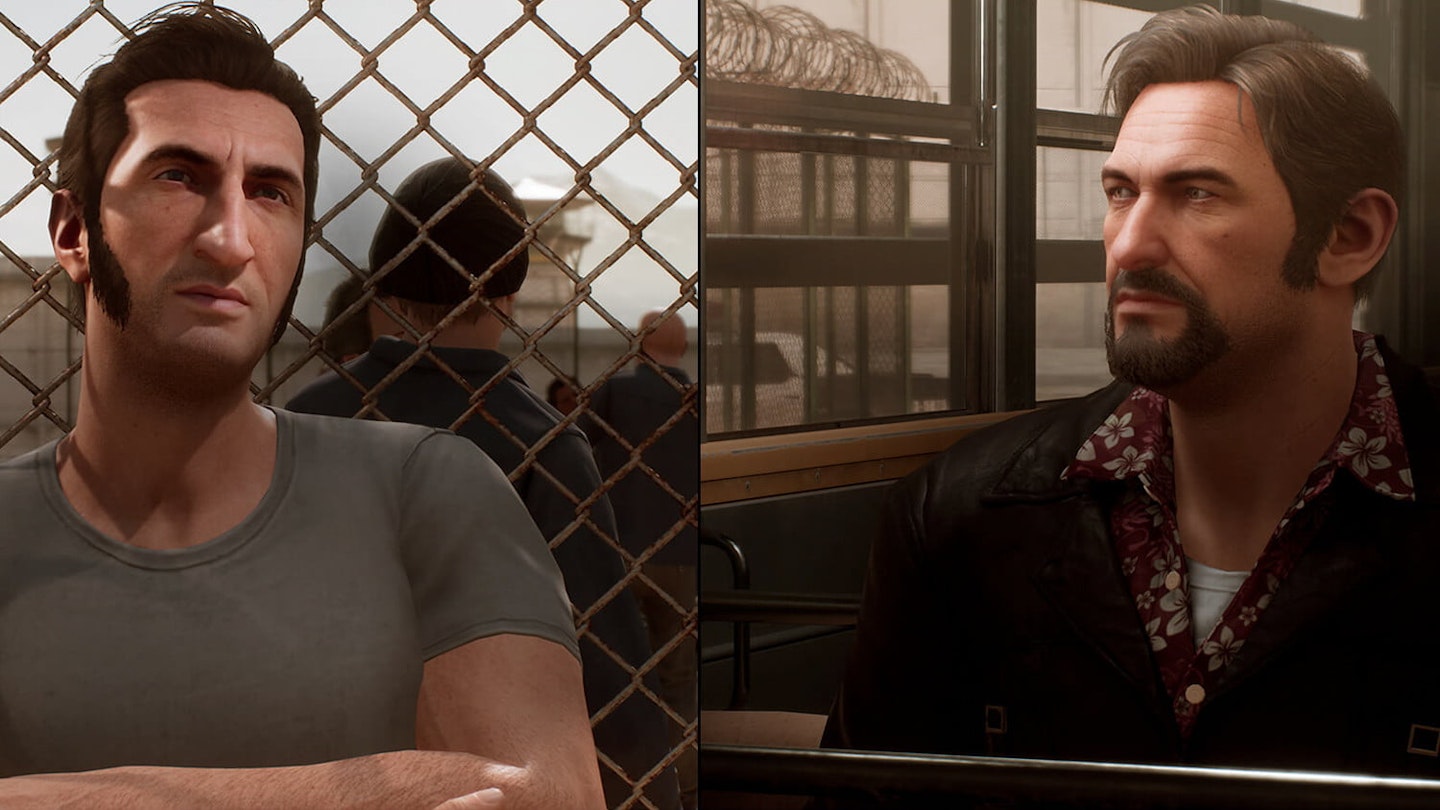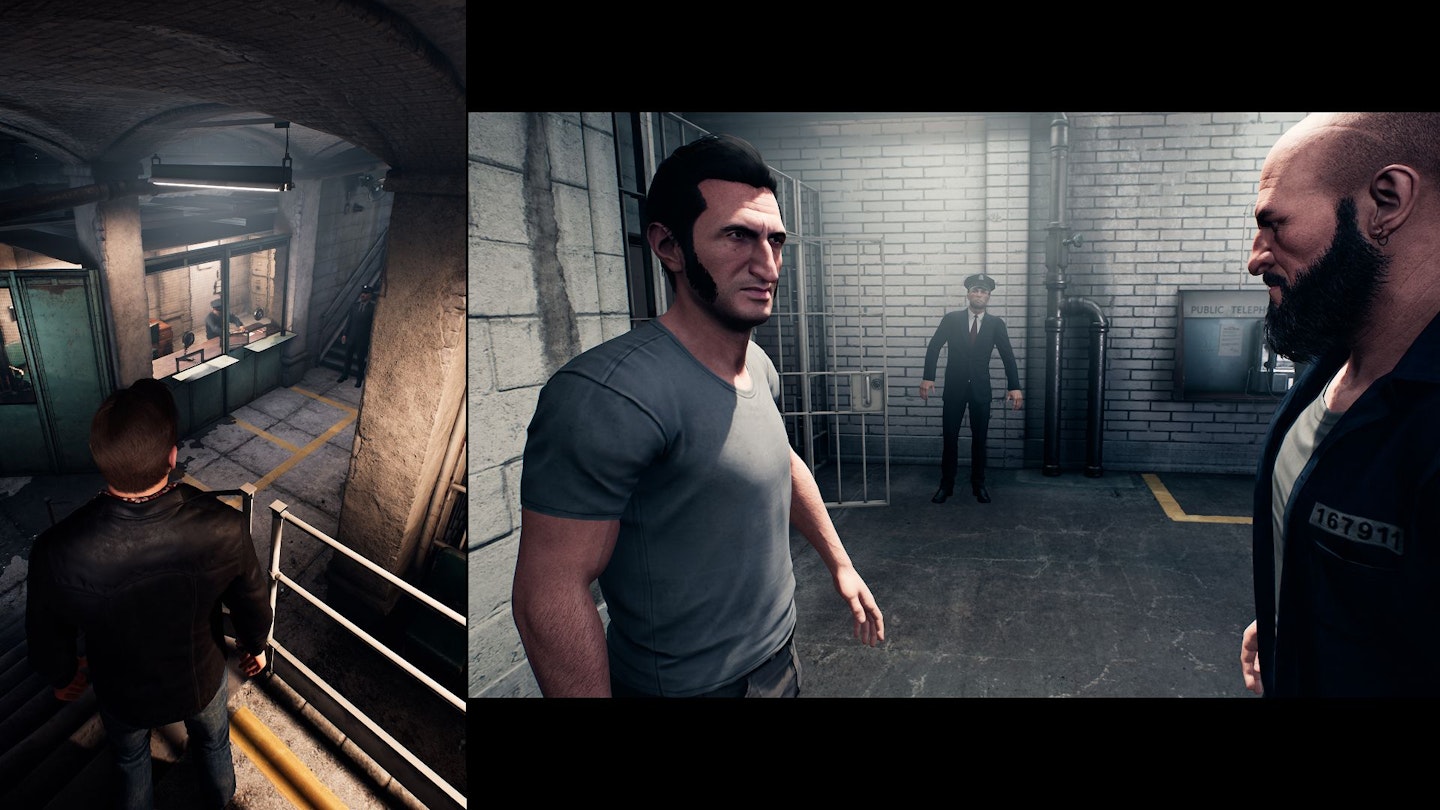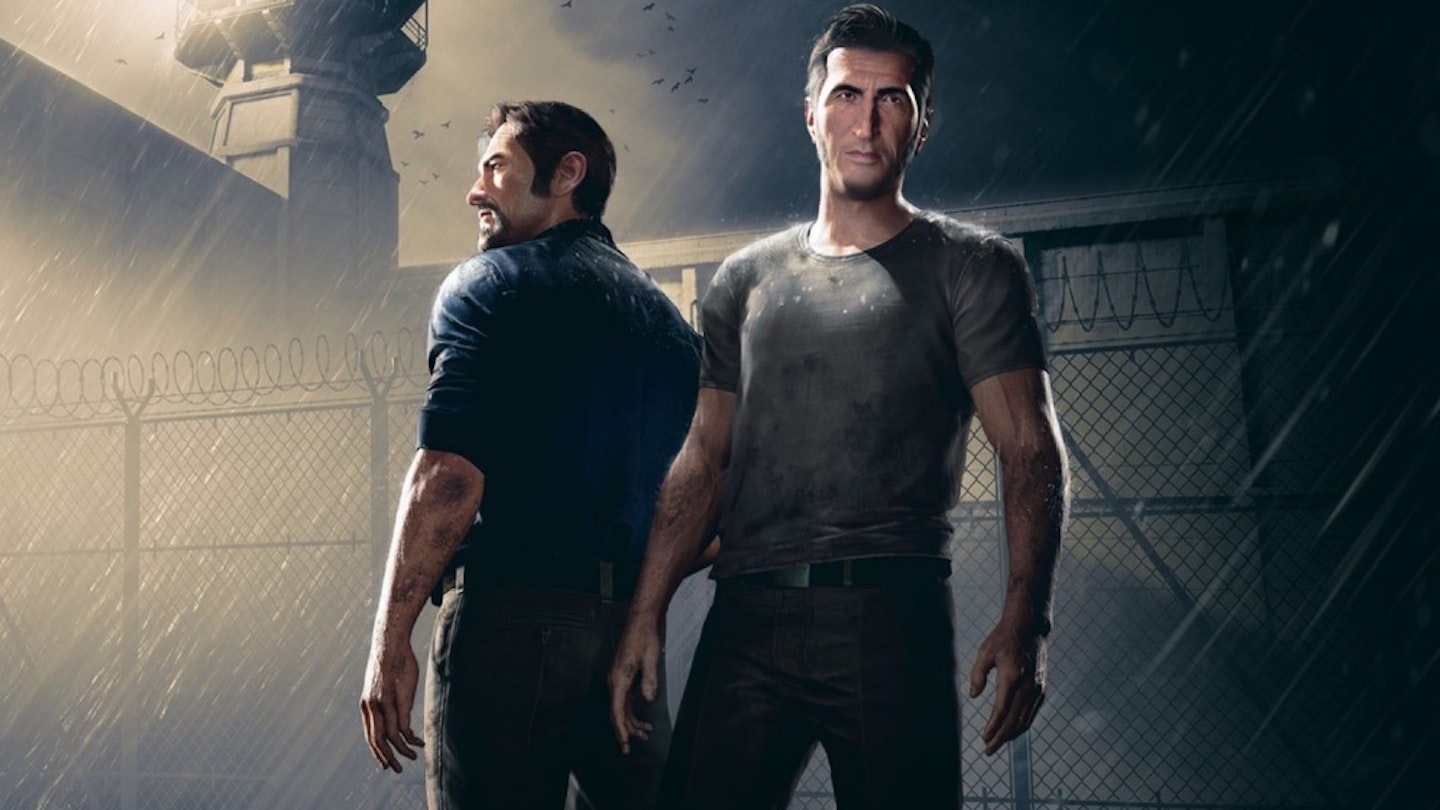Co-operative play is in vogue in the videogame world right now – Sea of Thieves, for example, is riding high, and Far Cry 5’s two-player co-op option brings a new dimension to the franchise. A Way Out also makes a virtue of sharing your gameplay with someone else: it’s only playable co-operatively by two people, and while you can play it with someone else online, it’s at its best played by two gamers sharing the same sofa (just like games used to be played in the 1980s and 90s).

But it’s a very different beast to its two blockbusting peers mentioned above. In essence, A Way Out is an interactive movie, reminiscent of the likes of Heavy Rain. Since it lasts roughly six hours, it will only set you back between £20 and £25. It’s true that you spend a significant proportion of it watching cut-scenes, and its gameplay, which rarely employs more than one button-press at a time, is often best described as clunky. However, despite all that, it manages to provide a surprisingly fresh and original gameplay experience, and leaves you feeling it is a game that transcends the sum of its parts.
A Way Out follows the interlocked story of two protagonists, Leo and Vincent, both convicts. Vincent, given a 14-year stretch for fraud is, unsurprisingly, the more cerebral of the duo, with a propensity to at least try to talk his way out of sticky situations. Leo, meanwhile, is a bit of a thug who has been banged up for armed robbery and is pretty handy with his fists.
It’s the sort of game which should intrigue and charm film-lovers.
The action begins with a flash-forward opening of Leo and Vincent on a plane, seemingly making good their escape, before properly getting under way with Vincent’s arrival at an unnamed American prison, in which Leo has been incarcerated for six months. The pair find themselves occupying next-door cells. Initially, you and your co-op buddy must negotiate them through the mundanities of prison life, selecting conversational options when confronted by other prisoners, punctuated by the odd brawl or knife-attack, in which they must dodge and use whatever offensive weaponry comes to hand. Co-operative moments when the two characters must synchronise their efforts begin to crop up and, eventually, they begin to plot their escape.
We don’t want to spoil the story, which is so central to A Way Out, but suffice it to say that the duo manage to escape, at which point the game morphs from prison drama into a riff on The Fugitive. Which allows A Way Out to chop and change its gameplay with an impressive restlessness: you might find yourself stealing a cop-car and exercising your driving skills to elude a pursuing motorcade, stealthing around before performing synchronised takedowns, or one player might have to chase fish around a pond so the other can spear them before cooking them on a campfire.
There are even little competitive interludes, such as playing Connect 4 and arm-wrestling, and as Leo and Vincent’s efforts to make good their escape escalate, you find yourself playing through some highly memorable scenes. There’s a great one-take-style sequence in a hospital, for example, where the action cuts seamlessly from one protagonist to the other – A Way Out is not afraid to shift from split-screen to a single screen when appropriate.
In other words, it’s the sort of game which should intrigue and charm film-lovers – and particularly those who prefer cinematic gaming experiences whose gameplay doesn’t involve too much of the challenging fast-twitch stuff. The characters are quite nicely evoked, and whichever one you pick, you will end up empathising with (even though neither are exactly paragons of virtue).

By film standards, the dialogue sometimes descends into cliché, and some of the attempts at humour fall flat, but its nature as a buddy-movie in which you and a friend control the two buddies somehow provides an extra dimension which renders those shortcomings less important. It should come as no surprise that A Way Out’s creator, Josef Fares, started out as a film director, and the way in which the gameplay constantly morphs seems to suit the game’s determinedly movie-centric approach.
If you prefer your gaming experiences story-led and have a healthier than average interest in films, you should find A Way Out pretty intriguing and satisfying. It’s the sort of effort that self-confessed hardcore gamers will sneer at, but don’t let that put you off. And the need to play it sitting on a sofa with a mate adds a pleasantly sociable element: modern gamers might be surprised to discover how much fun it is to play a game with someone in the same room as them.
